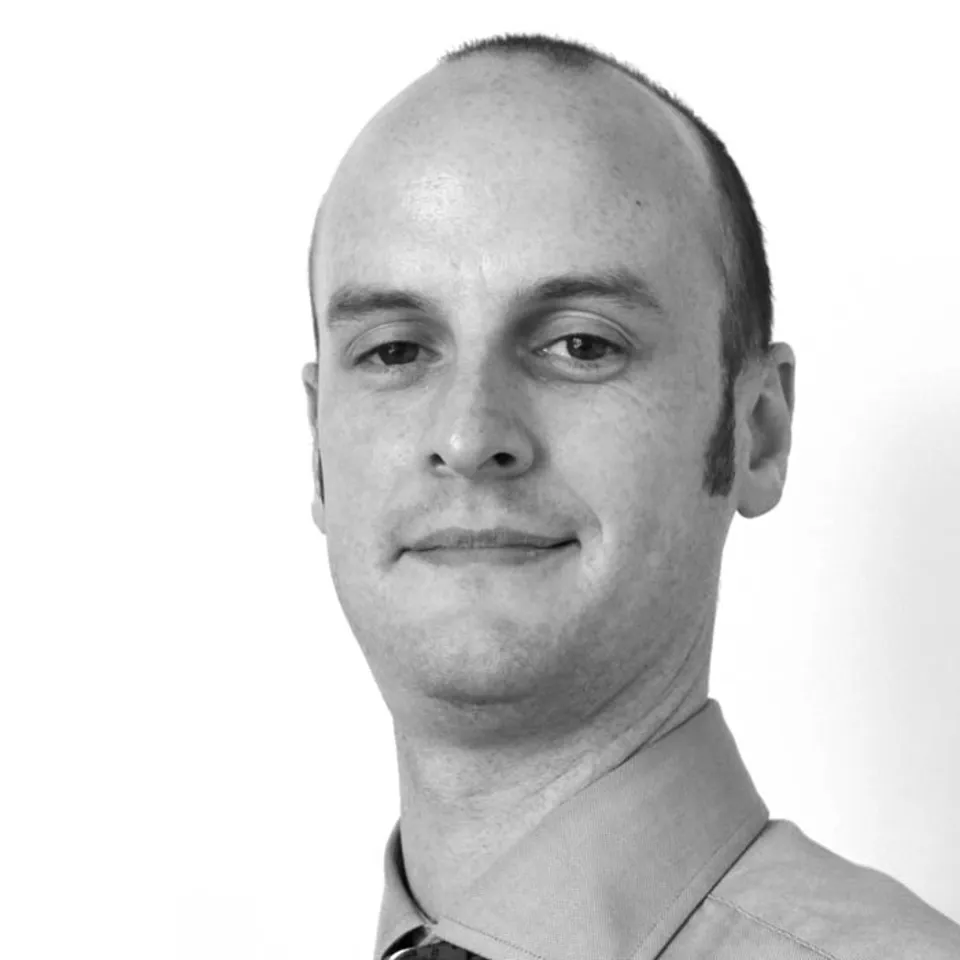Rob Snaith

Biography
Rob is a Principal Consultant in the Circular Economy team with over 15 years of experience in environmental consultancy. He engages with current and potential clients, oversees project design and delivery, and contributes to the coordination and development of the Circular Economy team.
Rob has a wealth of experience in supporting private and public sector clients to identify, investigate and implement opportunities to increase circularity, and realise its impacts, across all sectors and levels of society.
Story
What is your role at Ricardo?
I am a Principal Consultant in the Circular Economy team. I develop proposals, oversee project delivery and contribute to the coordination and development of the Circular Economy Team
What does your average day at Ricardo look like?
I aim to have a regular half hour or so each morning to make sure I’m up to date on any outstanding e-mails or requests. Anything which isn’t resolvable with a quick reply or discussion I make sure to plan the required amount of time into my diary, considering the urgency and importance of each item to help prioritisation. After that, whatever proposals, projects or team activities I’m working will be spread throughout the day. No two days are the same and I like to retain flexibility in my diary to make sure I can react to anything which arises.
What do you look forward to at work?
The best part of my job is working with my colleagues. This includes collaborating to deliver quality work with the potential to create positive environmental impact, but even more importantly supporting them to develop their own careers and making sure they have a positive, inspiring working environment.
What do you find most rewarding at work? / Are you proud to work at Ricardo?
I am very proud to work at Ricardo. Across the organisation we do some incredibly interesting and impactful work but what I find most rewarding is my role as a Team Leader, supporting other members of the team to develop their experience and confidence, and helping them navigate their careers and lives in a well balanced, healthy and positive direction.
How have you developed your career at Ricardo?
In my time at Ricardo I have benefitted from a wide range of internal and external training offerings, both on technical skills and personal awareness and team leadership. I have also been supported through he application and maintenance of my professional membership with IEMA, via financial support to cover annual fees and via the allocation of tie to dedicate to study and sitting for relevant exams.
How do you support career development opportunities for your team?
As a Team Leader, and in my wider position of seniority within the team, I always try to support colleagues in identifying, investigating and seizing opportunities for their personal development. I aim to be approachable to everyone, with my mantra of ‘there’s no such thing as a silly question’ and encourage everyone to take time to reflect on learnings from any activity to think about potential improvement opportunities.
What do you most enjoy about working with your team?
We have a good team spirit, with everyone always keen and willing to support each other. The team are dedicated to delivering quality work, but also to making sure that their colleagues are OK. We are a team of people with emotional awareness and maturity, and understand that some things are more important than work.
What opportunities do you have at Ricardo to share your knowledge or expertise?
We have regular ‘knowledge share’ sessions during team meetings – our own Circular Economy meetings but also at wider practice level, and cross-Ricardo lunchtime learning sessions. I’m also currently in the early stages of developing some blog/vlog content for internal and external dissemination, looking at the current policy landscape for Circular Economy and how Ricardo can help to understand and influence it.
What advice would you give to anyone considering a career as a Circular Economy Consultant?
Develop an understanding of both elements of the term Circular Economy. Technical circularity theory and solutions are important, but can only have a positive environmental impact when aligned with an appreciation of how they interact with economic considerations. Permanent growth can never be sustainable, it’s our job to communicate that.




